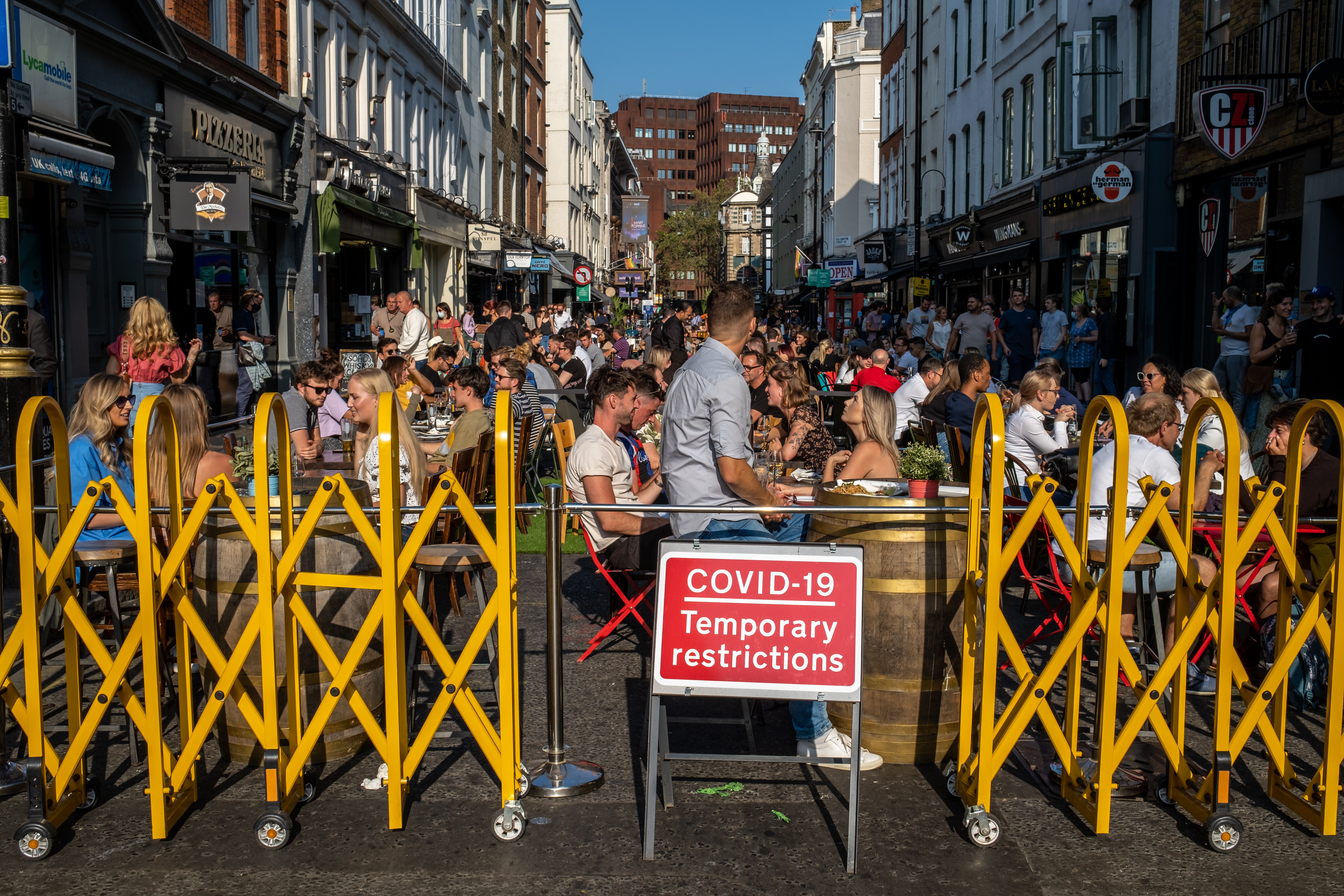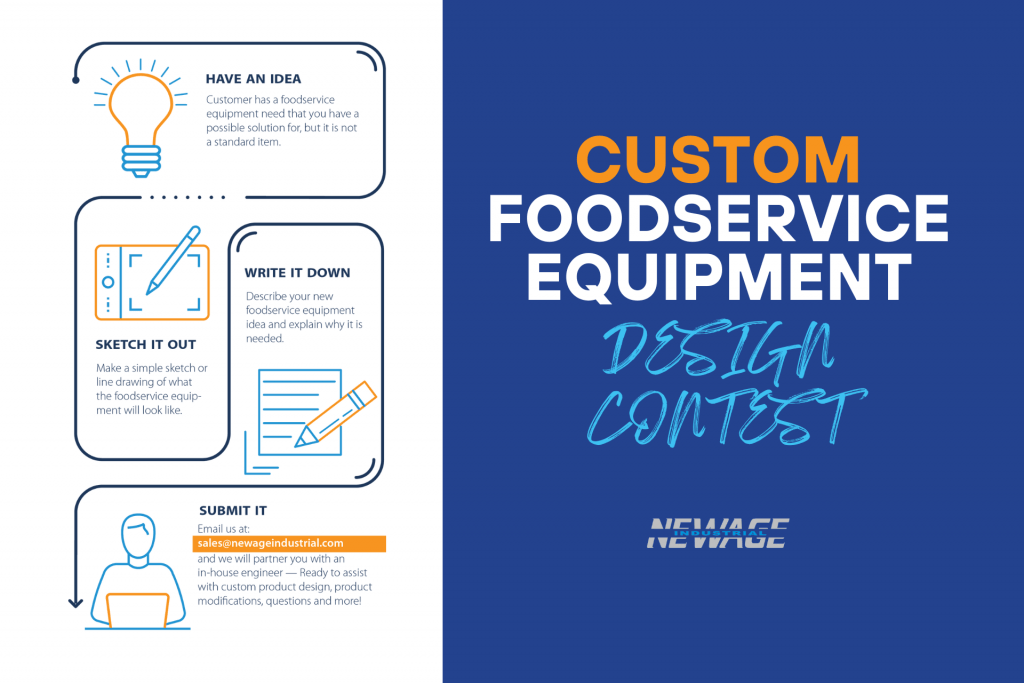
Have you had your inoculation yet? As the vaccine to combat Covid-19 is being rolled out around the world, there is a growing sense of the possibility of things returning to how they were before.
There is also the sense that things will never be the same again. Ways of working have changed for many, with working from home leaving city centers, commuter transport hubs and workplace cafeterias all deserted.
Foodservice businesses had to come up with different ways of raising revenues and many will continue to offer takeout, delivery and meal kits as a way to supplement traditional revenue streams. Even mall food court stalwart Panda Express announced plans to open its new Panda Digital Kitchen concept in San Francisco on March 12. This will be the chain’s first location specifically fulfilling online and app-based orders for delivery and takeout only.
Although, according to a recent survey of over 1,200 US consumers by the Invisibly research firm, the trend towards takeout meals over the pandemic period may not have been as pervasive as it has been portrayed. The findings show that less than half (44%) ordered takeout or delivery during the past 12 months. It was no surprise that 18-24-year-olds (59%) were the most active in the takeaway and delivery market. The question is, how keen are customers to leave their homes and get back out there?
Hungry for hospitality
Arlene Spiegel FCSI, founder and president of New York-based Arlene Spiegel and Associates, reckons takeout cannot replace the experience of a restaurant. “People are ‘hungry’ for dining out and breaking bread with their friends and family,” she says.
In the Philippines, FCSI Associate Mildred Famero, principal design consultant, Eminent Foodservice Design Consultancy, is a little less sure. “As much as I would like to be more optimistic about the vaccination program freeing the world from Covid-19 immediately, the fact is not all countries can give the vaccination to 100% of their people by the middle of this year,” she says. “Even if they can, time is still needed to heal, physically and mentally. Hopefully, the foodservice industries and the community will be back to their normal state, by the first quarter of next year.”
In the UK, Chris Stern FCSI, managing director of Stern Consultancy, is also cautiously optimistic. “it will be a slow process,” he says. “It sounds like Covid will be with us for good, so behaviors may need to change, but hopefully it will end up similar to flu. Foodservice has evolved in response to human nature, and the importance of breaking bread together hasn’t gone away. There’s huge pent up demand for hospitality venues to reopen. However, they will have to do so safely, especially as when they reopen everyone will not yet have been vaccinated.”
All aspects of foodservice are gearing up to the lifting of restrictions. “For social caterers, there is a backlog of celebrations to be had by brides and grooms; high school and college graduates; and business recognition events,” Spiegel says. “Foodservice contract caterers, are eager to feed the newly returned office workers and visitors to cultural institutions and academia. For sports and entertainment venues, the fans are waiting for that ultimate hot dog and beer.”
Challenges ahead
In the Philippines most foodservice business are open with limited capacity for dine-in. This presents obstacles to businesses with small spaces. There is unlikely to be a shortage of staff however. Famero explained how the government introduced a staggered module of work to ensure everybody had some income during the pandemic. This limits hours to 24-32 hours a week, although it is entirely at the discretion of the employer.
There is some trepidation about staffing the hospitality sector in the UK for non-Covid related reasons. “Finding staff ought not be a problem, though Brexit could rear its head with fewer foreign workers to call on,” says Stern. “Similarly supply lines may also be affected by Brexit. However, ours is an inventive industry and whatever adaptations are necessary will be made and embraced.”
“Smart operators have already identified their operational needs and have kept in touch with their key employees and their suppliers,” says Spiegel. “Job descriptions may include new duties as the nature of the businesses now have heavy take-out and delivery programs.”
Changes for good
The last year or so has been a time of immense flux across all aspects of life. For foodservice some of those changes can only enhance the customer experience as we look forward.
In the UK the government housing minister has written to local authorities to waive planning rules for another year to encourage businesses to set up outdoor dining spaces and operate takeaway and delivery services. Rules were relaxed in March 2020 and were due to expire on March 23 2021.
What permanent changes has Spiegel noted? “Kitchens and work-flow have been redesigned for efficiency and Covid-19 compliance,” she says. “Also, less regulation regarding outdoor dining and take out sales of alcohol will be permanent and a boost to top line sales. It’s all very positive and hopeful.”
Jacquetta Picton




